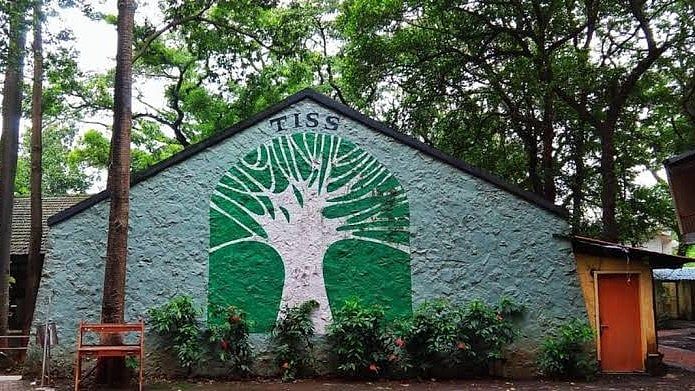
The Tata Institute of Social Sciences (TISS) is facing criticism from student groups over its decision to form a new student body comprising class representatives (CRs) to oversee institute-level events for the academic year, replacing the Student Union (SU) at its campuses in Mumbai, Tuljapur, Guwahati, and Hyderabad.
The Ambedkarite Students' Association (ASA), TISS Mumbai, has condemned the move, stating that it is an "attempt to snuff out students' voices and participation at the institute level" by replacing SU and its elected representatives with CRs. The association has called the move "undemocratic."
The administration has defended its stance, arguing that many premier institutions, including the Indian Institutes of Technology (IITs), Indian Institutes of Management (IIMs), and Banaras Hindu University (BHU), do not have an SU.
A senior TISS official, requesting anonymity, told the FPJ, "The students should focus on studies rather than contesting elections and fighting for no cause. There are several elite institutes that do not have a students' union, and the students there do not complain because they are more focused on education."
TISS had suspended the SU in May 2024 without prior notice. Traditionally, the outgoing SU steps down only 15 days before the formation of the new union, ensuring continuity in student representation.
However, despite the passing of an entire semester, the administration has not initiated the election process or appointed Returning Officers, as mandated by the Students' Union Constitution and the Lyngdoh Committee recommendations, alleged TISS students.
On February 4, the Office of Students' Affairs (OSA) called for an urgent meeting with CRs to discuss the organisation of institute-level events, which have traditionally been handled by the SU. Under the proposed model, only CRs would serve as committee coordinators and would have the discretion to select volunteers.
Students suggested that cultural and sports representatives from each class should also be included in the committees to distribute responsibilities more equitably. However, this request was allegedly dismissed
The administration has since sent follow-up emails to CRs outlining their roles and responsibilities within the new structure. The new framework replaces the elected SU with a model in which CRs form and oversee committees responsible for sports, literary, cultural, and institute day events. Two coordinators from each committee will report to a Core Committee of four members, which will liaise with OSA.
However, this Core Committee is not elected and has been criticised for aligning with administrative objectives rather than representing students. The ASA has argued that this structure excludes a majority of student representatives and lacks transparency
The absence of a functional SU has allegedly led to mounting issues on campus, including the unavailability of hostels, the removal of the fee instalment option, and persistent problems with food quality and quantity at the dining hall.
The ASA has argued that a student body should not merely serve as an event management committee but should play a crucial role in protecting students' rights and ensuring their voices are heard.